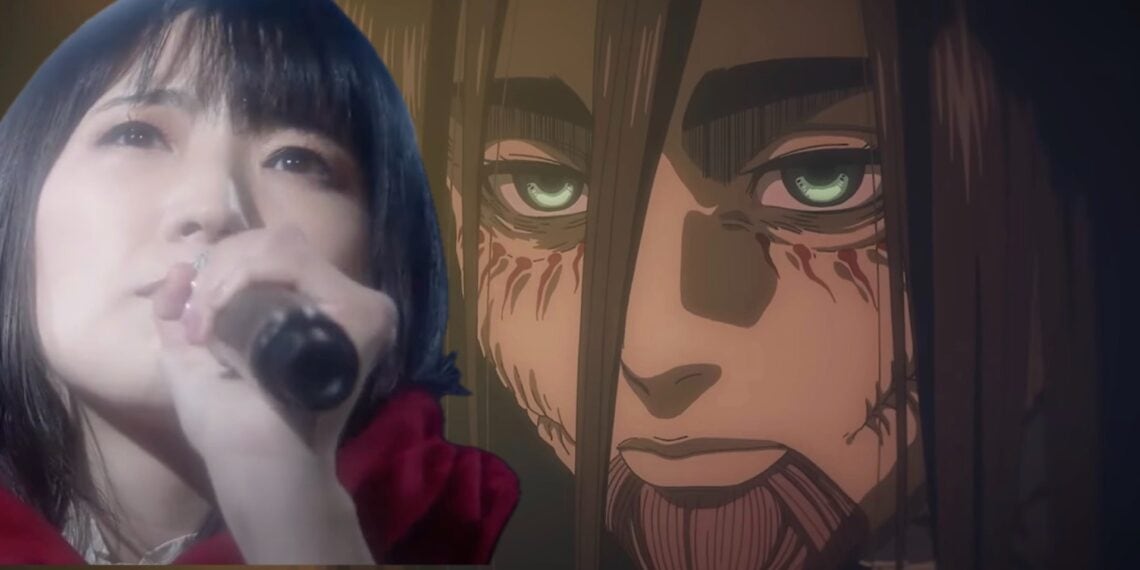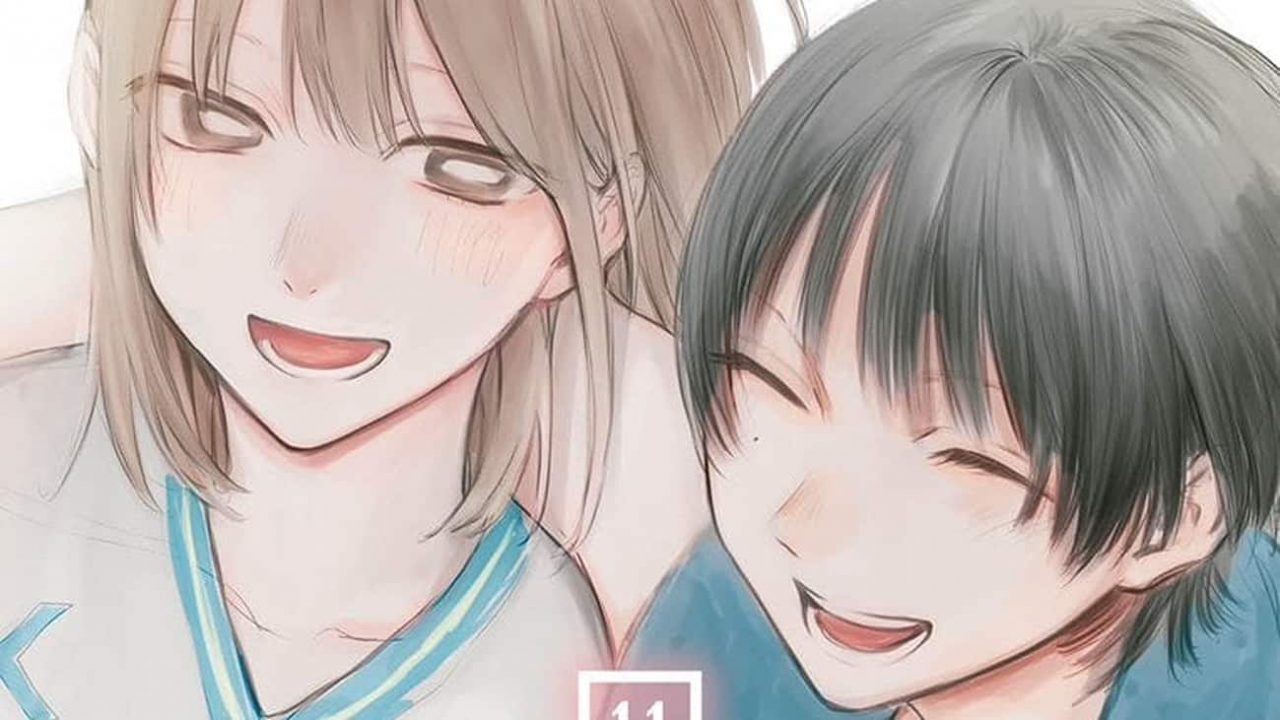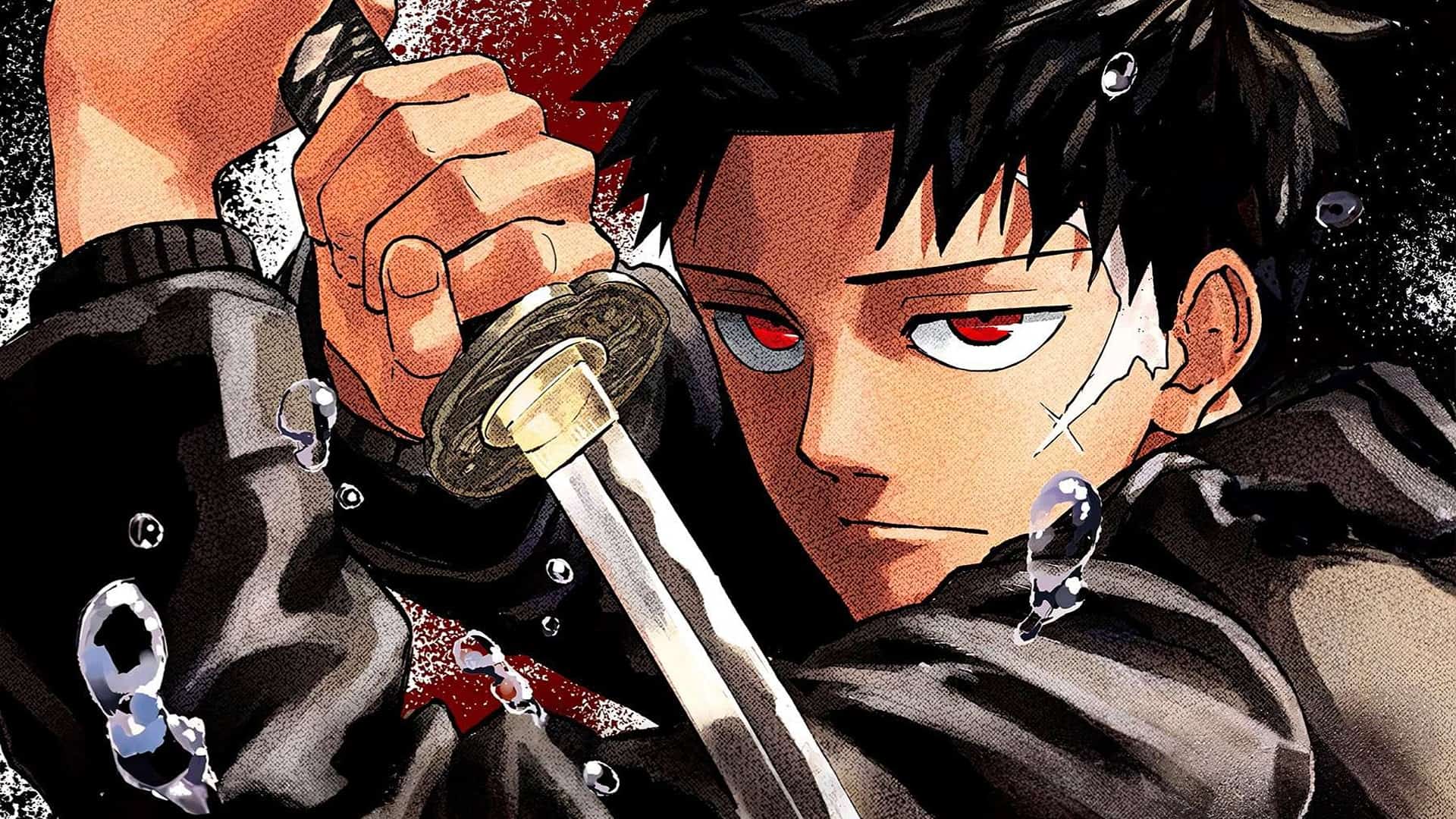The climactic finale of Attack on Titan centered around Mikasa’s emotional confrontation with former ally Eren inside the gargantuan Founding Titan construct. Driven by love and duty, she plunged into its cavernous ribs, seeking the human core powering the continent-crushing behemoth.
There, chained in the very heart of the Rumbling, Mikasa shared one last moment with her lifelong friend before sorrowfully executing him with one swift stroke.
Mikasa later emerged from Eren’s collapsing Titan with his severed head, confirming his demise to a grieving Armin. But aware of the potential post-Rumbling backlash, Mikasa covertly safeguarded Eren’s remains to provide proper burial rights.
With Eren’s passing, the age of Titan domination ended at last, their near-godlike power vanishing as quickly as it first emerged.
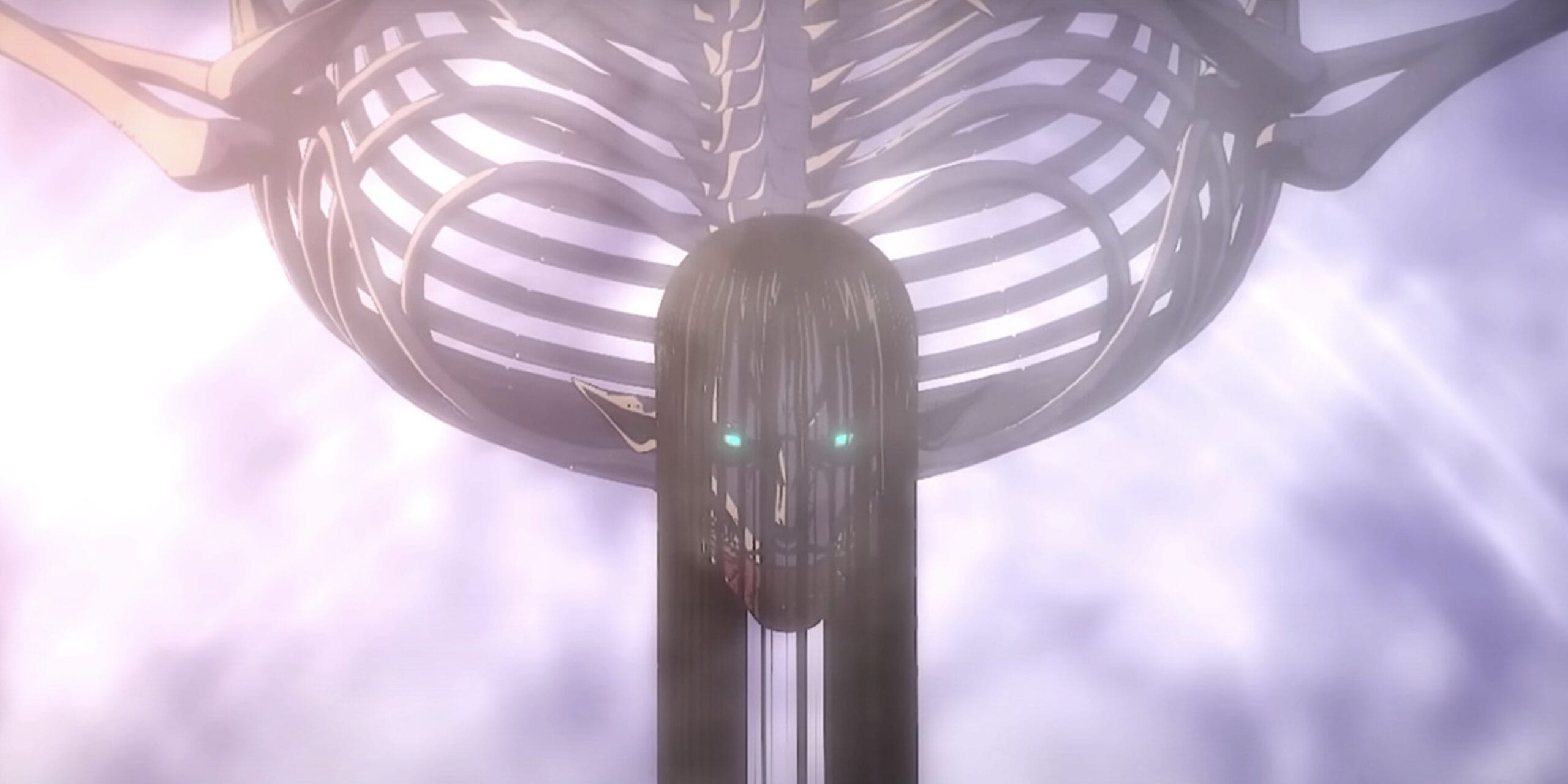
No longer would Eldian people transform into instruments of destruction and subjugation. The Rumbling’s wake left a blank slate – with humanity’s future now solely in their common hands to shape through new bridges of unity and understanding.
While poignant in parts, certain narrative developments in the finale do strain credulity. Armin suddenly convincing Zeke to rescind worldwide genocide via emotional pleas appears oddly convenient for such an intricate series.
After seasons demonstrating Eren’s single-minded conviction, his abrupt romantic confession to a startled Armin also rings hollow.
Additionally, Eren’s prior coldness toward devoted friends like Mikasa is later rendered somewhat contradictory, given his seeming affection exposed at the end.
What Happened At The End Of Attack on Titan
This, along with other character shifts and plot shortcuts, hints at a degree of contrivance absent earlier in the story.
Indeed, for a saga renowned for its measured buildup and intricate worldbuilding, the ending’s rapid twists and simplifications stand out.
Key moments feel more dictated by a need to swiftly wrap up loose threads rather than arising organically from established roles and motivations.
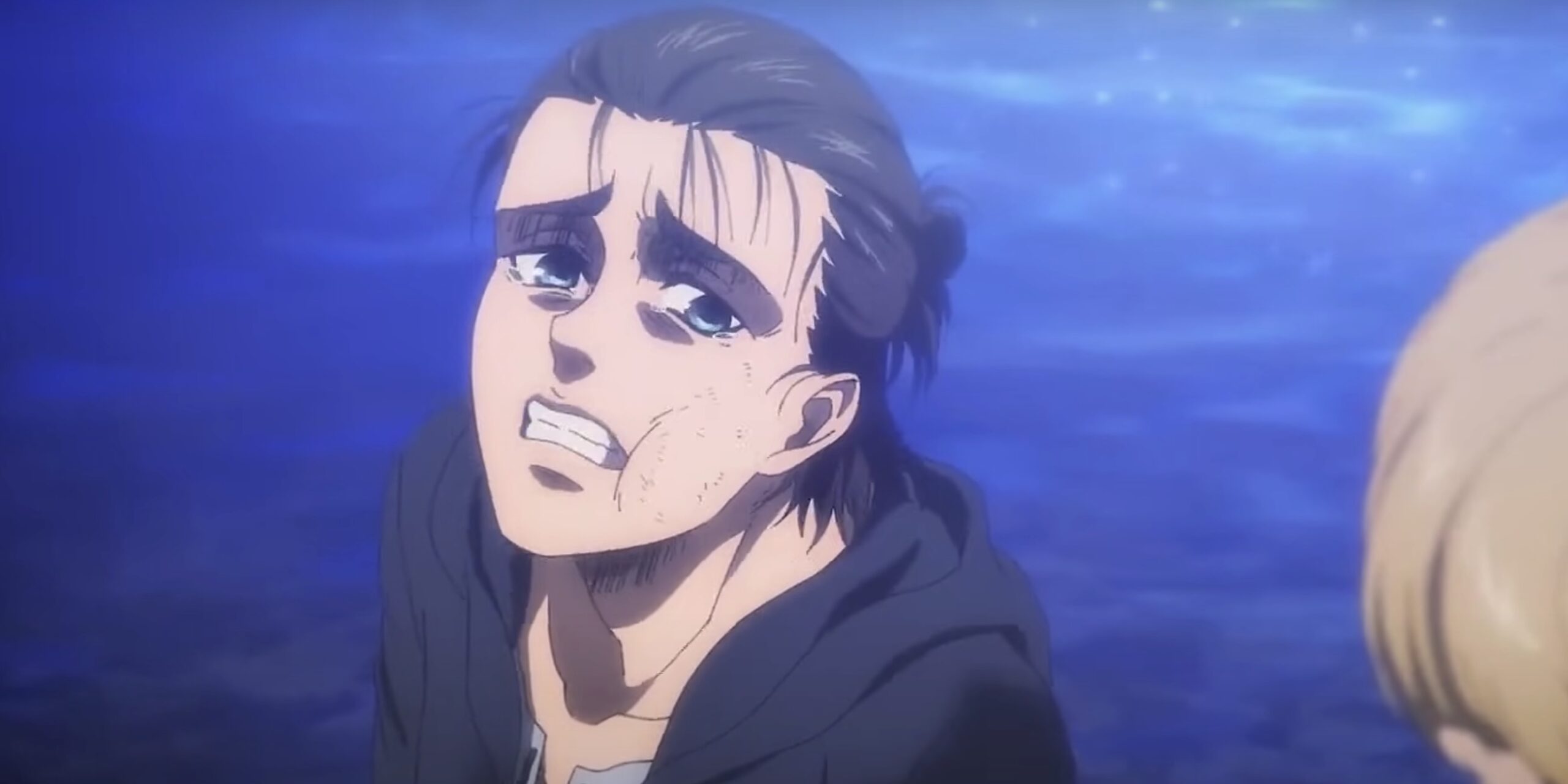
While still resolving the core narrative, suspensions of disbelief do undermine the finale’s intended emotional weight. In the end, Attack on Titan concludes with more of a whimper than a roar – an abrupt thematic swerve from the story’s signature tone that preceded it.
Further controversial developments include the perplexing reveal that progenitor Ymir somehow loved her abusive captor, King Fritz.
Despite enduring lifelong enslavement and torture, her devotion is presented as motivational and romantic, ringing severely discordant given the series’ themes.
Likewise, while Eren inherits the supreme Founding Titan power once held by Ymir, it is curiously Mikasa’s love that seemingly frees the long-deceased Ymir from Path bondage.
This abrupt shift of significance onto Mikasa while sidelining mythology built around Eren and Ymir reads rather forced and unearned.
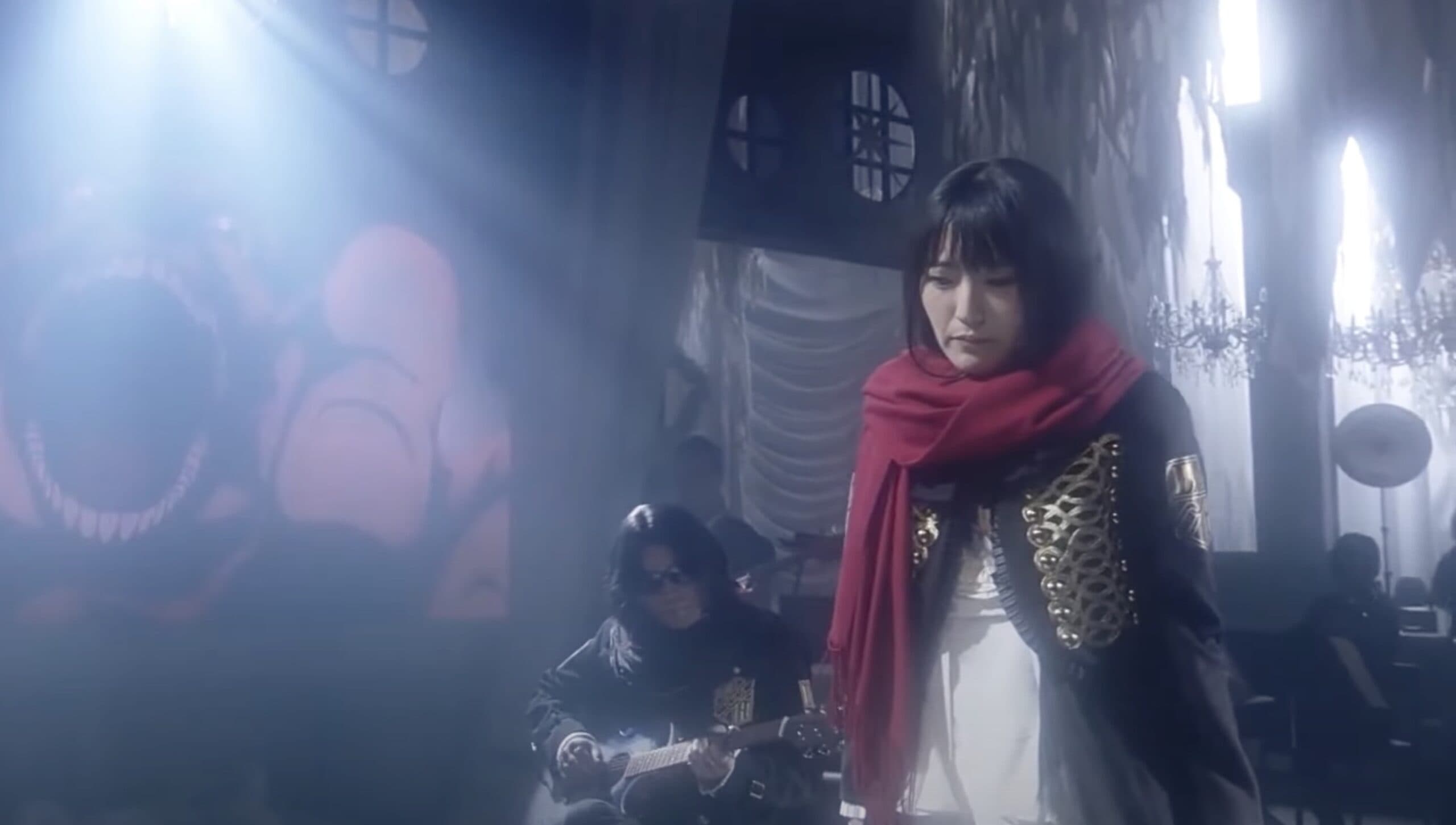
Among additional grievances, these narrative inconsistencies have sparked great debate between fans loyal to the original ending versus those preferring the radically different “Attack on Requiem” fan rewrite.
While opinions vary, most agree the climax betrayed years of layered character and plot development in favor of questionable twists serving little purpose beyond shock value. In the end, critics feel Attack on Titan stumbled at the finish line, its reputation as an intricate masterpiece undone by an ending that failed to deliver on so much intriguing potential.
Mikasa’s Voice Actress Sings Heartfelt Love Song for Eren
The tragic conclusion of Attack on Titan’s narrative saw Mikasa forced to slay former ally and lifelong lover Eren in order to protect humanity.
To honor this profound connection between the two characters, Mikasa’s voice actress, Yui Ishikawa, performed a poignant love ballad from Mikasa’s perspective.
Dressed evocatively as Mikasa herself, Ishikawa’s moving rendition and visible emotional investment blur the lines between fiction and reality.
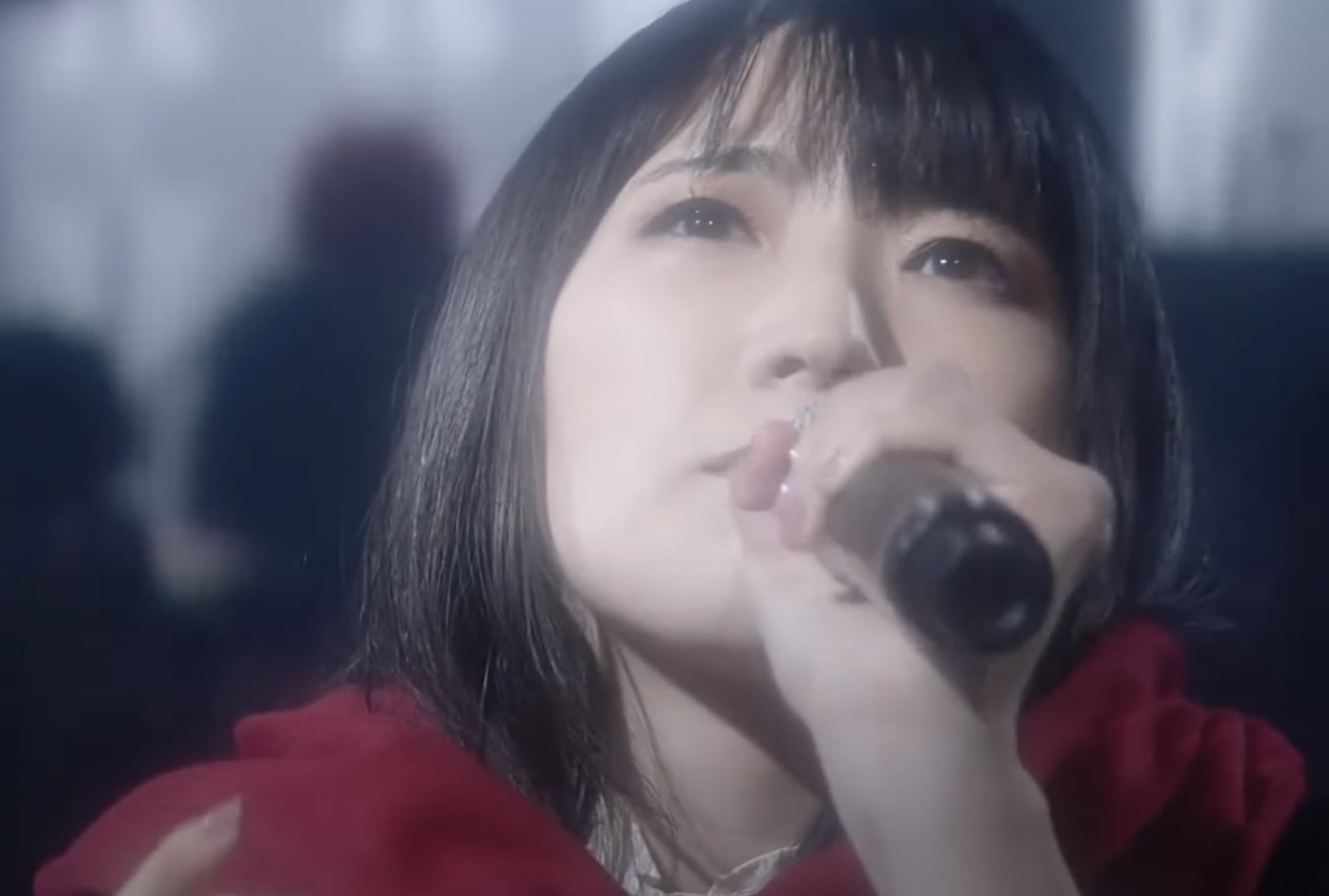
She embodies the heartbroken heroine to such a convincing degree that fans found themselves wondering if Mikasa had truly come to life to sing one last lament for her fallen Eren.
Of course, the reality stands that Ishikawa simply channeled the character with incredible passion. But her delivery resonates as such an authentic personification of Mikasa’s grief and intimacy that the ballad holds additional poignancy.
Underscored by the unique relationship between the voice actor and role, the tribute attains an immersive gravitas that brings affecting closure to Mikasa and Eren’s storied bond.
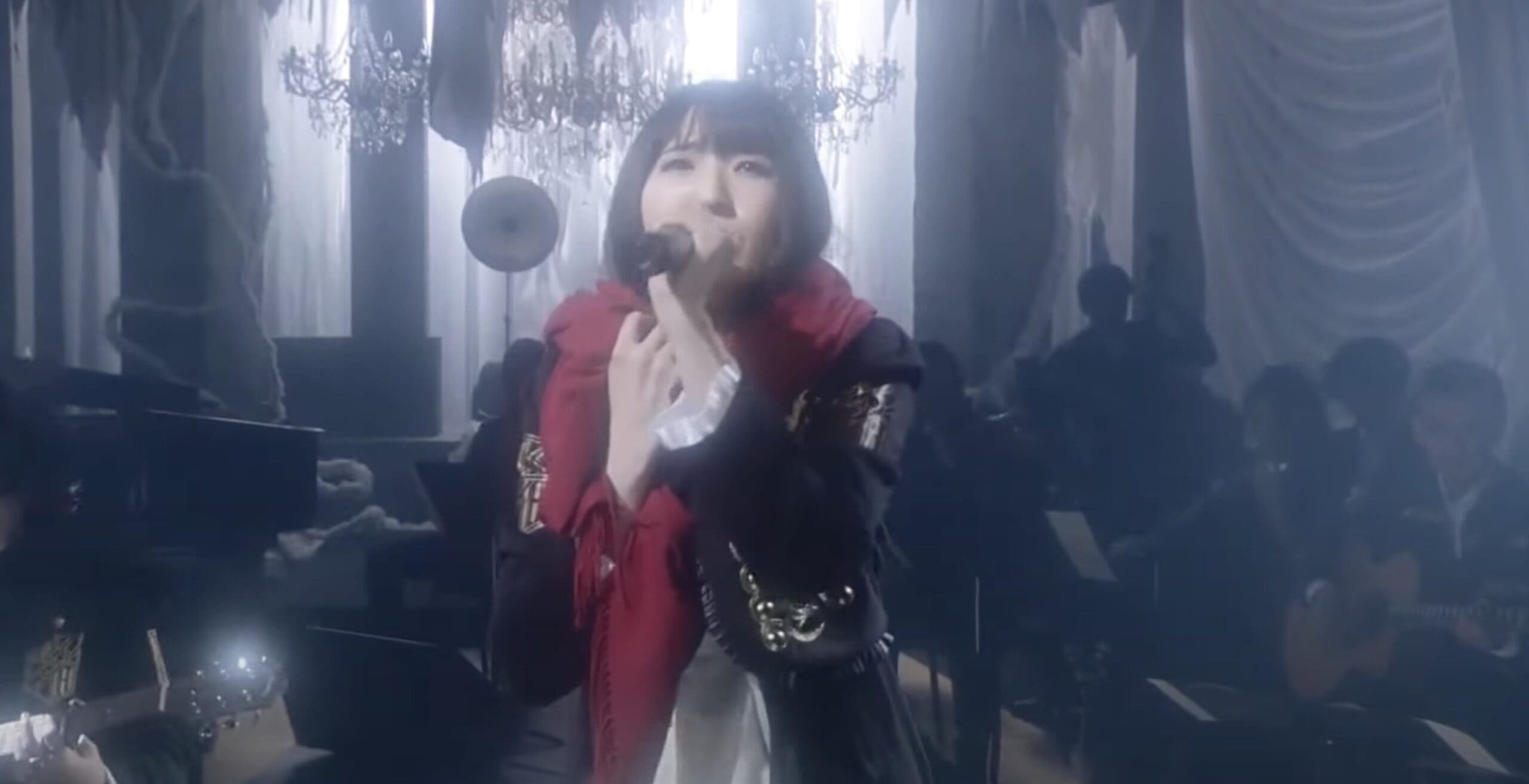
Although it was not the new song that Attack on Titan fans had heard, in the Linked Horizon final credits scene of the series, we have some heartwarming and beautiful extended versions of the song.
Some of the best lyrics that are enough to make a grown-up Attack on Titan fan cry was Mikasa saying to Eren, “You must fight… you must fight, the words are repeating in my head, and even after your death, it is constantly echoing.” and “the promise between them that will never be kept… wander in dust and while the pain from the truth hurts… can I still bear it?”


